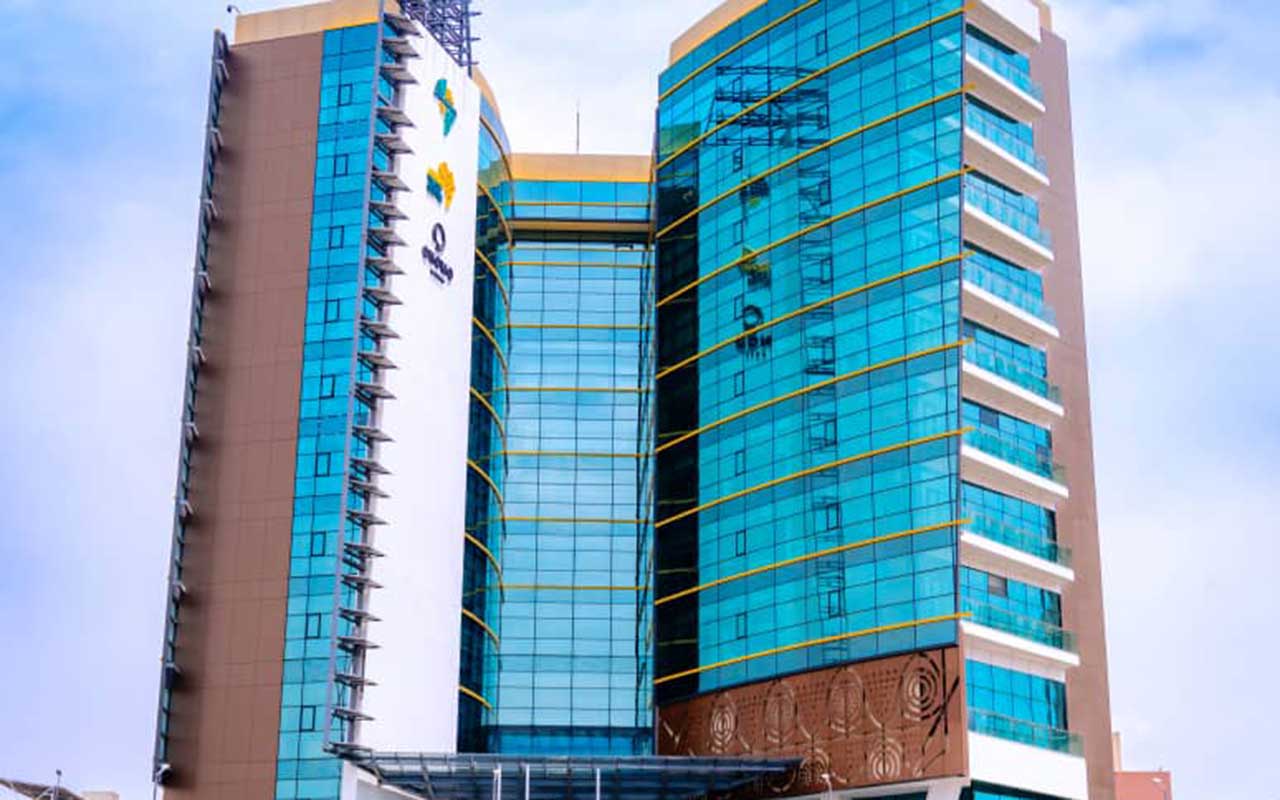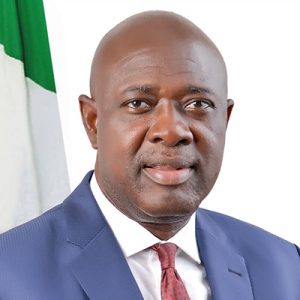Dr. Yemi Kale, former Statistician-General of Nigeria and current Chief Economist at the African Export-Import Bank (Afreximbank), has urged the federal government to remain committed to ongoing structural reforms, even as households continue to experience economic strain.
He warned that abandoning the process could trap the country in another cycle of low growth, high inequality, and fiscal stress.
Delivering his address, entitled ‘Reform and Resilience: Strengthening Nigeria’s Economic Foundations’, at The Platform 2025 in Lagos on Wednesday, Dr Kale outlined the progress of reforms implemented since 2023. These include subsidy removals, exchange rate unification, and tighter monetary policy.

He noted that while these measures have begun to stabilise the macroeconomy, their impact will remain limited without strong social protection and structural transformation.
“Reform is like curing a fever,” Dr. Kale said. “You must endure some discomfort as the medicine takes effect. But the alternative of letting the fever run just because the pill is bitter, or the injection is too painful, is far worse.”
On monetary and fiscal policy, Dr Kale pointed to the renewed credibility of the Central Bank after years of inconsistent policies and quasi-fiscal interventions. He cited the increase in the monetary policy rate to 27.5%, recently adjusted to 27%, alongside efforts to mop up excess liquidity through streamlined open market operations.
“Importantly, these actions were accompanied by clearer communication, regular policy reports, forward guidance, and transparent explanations of the inflation outlook,” he said.
“The results are now visible. Headline inflation, which averaged 25–30% in 2023 and 2024, has begun to ease towards the low 20s. Every percentage point reduction protects the real value of salaries, pensions, and savings, and reduces uncertainty for investors who must plan projects years in advance.”
He projected that inflation could fall to around 14% by the end of 2026 if reforms are sustained, but cautioned that households will continue to experience hardship.
“Between now and then, the hardship will continue. The lesson here is clear, reforms must be matched with targeted and effective social cushions to protect the most vulnerable,” he added.
Dr. Kale also emphasised that no reform agenda could succeed without addressing Nigeria’s chronic energy and electricity challenges. He acknowledged the launch of the Dangote refinery, which exported its first gasoline cargoes in 2025, as a positive step toward reducing dependence on imported refined products.
However, he highlighted ongoing concerns such as feedstock reliability, transparent pricing formulas, labour disputes, and currency settlement mechanisms, which could constrain domestic supply.
“The broader challenge is to achieve energy security without reverting to hidden subsidies or encouraging monopolistic practices,” he said. “This underscores the need for complementary policies such as strong antitrust oversight, transparent pricing, and incentives for new entrants.”
On electricity, Dr. Kale described the 2023 Electricity Act as a “bold structural shift” that decentralises regulation to the states.
“In essence, it breaks the old centralised monopoly and opens the door for states to partner with private investors to generate, transmit, and distribute power locally. Decentralise, liberalise, and let there be light,” he said.
He cautioned, however, that not all states currently have the capacity to regulate effectively and called for federal support and regional cooperation to prevent the rise of “36 mini-monopolies.”
Highlighting infrastructure, trade, and the business environment, Dr Kale stated that Nigeria requires $3 trillion by 2050 to meet national infrastructure needs, including $575 billion for transport alone between 2020 and 2043.
“To put this into context, Nigeria’s entire 2025 budget is about $36 billion, and its rebased 2024 GDP was about $275 billion,” he said. “Government alone cannot meet these vast needs. Public-private partnerships are therefore key.”
He urged that part of the savings from subsidy removal should be legislated and earmarked for transport, logistics, and energy infrastructure, noting that embedding such commitments into the national budgeting process would rebuild trust with citizens.
Dr. Kale drew attention to the success of Nigeria’s telecoms liberalisation, contrasting the limited telephone access under monopoly rule with the current landscape of over 220 million active subscriptions contributing 16% of GDP.
On trade, he warned that restrictive policies such as export bans, high tariffs, and border closures undermine competitiveness and integration into global value chains.
“While such measures are often justified as protecting local industries, in practice they encourage smuggling, raise consumer prices, and limit efficiency,” he said. He urged Nigeria to leverage the African Continental Free Trade Area (AfCFTA) to position itself as a continental hub.
While recognising macroeconomic stabilisation in official data, Dr. Kale acknowledged that millions of Nigerians continue to gauge progress in terms of the price of food, availability of electricity, and job prospects for their children.
He praised initiatives such as the Student Loan Act and state-level fuel relief packages, but stressed the need for deeper reforms in education, healthcare, and social protection.
“Without shared opportunities, inequality and unrest will erode stability. Power and fiscal reforms should empower states, while federal economic and agro-processing zones can lift lagging regions,” he added.
Stay ahead with the latest updates!
Join The Podium Media on WhatsApp for real-time news alerts, breaking stories, and exclusive content delivered straight to your phone. Don’t miss a headline — subscribe now!
Chat with Us on WhatsApp







